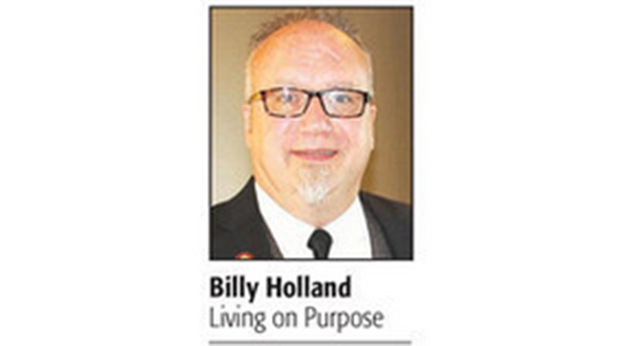White House pity party for colleges and the accused shuts out sexual assault survivors
Published 12:00 am Thursday, January 1, 1970
Even when we strip away the politics, the content of Education Secretary Betsy DeVos’ message Sept. 7 about sexual violence on college campuses leaves us queasy.
We’ve known for months that the Trump administration planned a pivot from the federal guidelines put in place in 2011 to ensure that universities comply with Title IX obligations regarding rape, assault and harassment. And it’s clear to us that some modifications may be in order.
But DeVos’ message Thursday made it clear she’s more about dissolving protections than safeguarding victims. When DeVos was asked, “Are you today rescinding the Obama administration guidelines?” she responded, “That’s the intention.”
The speech did little to persuade skeptics, including us, that sexual assault survivors will be as fairly treated going forward.
Women’s campus safety is too often in jeopardy, as evidenced close to home by the enormity of the Baylor sexual assault tragedy and a 2017 University of Texas survey that found 15 percent of female undergrads at the Austin flagship said they had been raped.
Yet DeVos devoted much of her speech to claiming the 2011 effort to correct this nationwide scandal is nothing more than a failed system that has “weaponized the Office of Civil Rights to work against schools and against students.”
DeVos’ anecdotes focused mostly on men who she said were the victims of false accusations.
Lost in the pity party for schools and the accused were the very women whose safety is at issue. To hear DeVos tell it, most of the survivors she’s talked to also are in agreement that the current system has failed them too.
Count this newspaper with those stakeholders who welcome a constructive conversation about unintended consequences or confusion resulting from the 2011 guidelines.
While the number of false allegations has been proved to be a tiny fraction of sexual assault cases, the voices of those for whom due process failed deserve to be heard. Clearly, some universities are getting tripped up on the mechanics of the mandates; others lack the resources and tools needed to do the work properly.
But for DeVos to start the discussion with the accusation that the current system isn’t working for anyone is a denial of the long-overdue support the federal government began providing in 2011.
Remember that DeVos heads a department whose top civil rights appointee said in July that 90 percent of sexual assault accusations are the result of drunken and regretted sex, not rape. And she reports to a president who once bragged that because he’s famous, he could grope women whenever he wished.
The one piece of good news out of this mess: At least nothing changes today. The 2011 Title IX guidance to schools remains in place during the upcoming notice-and-comment process.
But while the Education Department hasn’t relaxed the rules yet, neither can those who care about justice relax. When all the public debate’s done, DeVos and Trump still will make the final decision.
What’s at stake
“Any perceived offense can be turned into a full blown Title IX investigation. If everything is harassment, then nothing is.” — Education Secretary Betsy DeVos
— The Education Department says it will announce details of its notice-and-comments process in the next few weeks.
— Title IX is the 45-year-old federal law prohibiting sex discrimination at schools receiving federal money. The 2011 Obama-era guidance threatens a loss of funding to schools that fail to do enough to make students safe from sexual harassment, assault and rape.
— 257 schools are currently under Education Department investigation for their handling of reports of sexual violence and harassment.
— Among the constructive suggestions for change is a proposed network of regional centers formed through partnerships between schools and law enforcement that, advocates say, “could be a significant resource for resolving reports of misconduct that violate both Title IX and state criminal law.”
The Dallas Morning News




